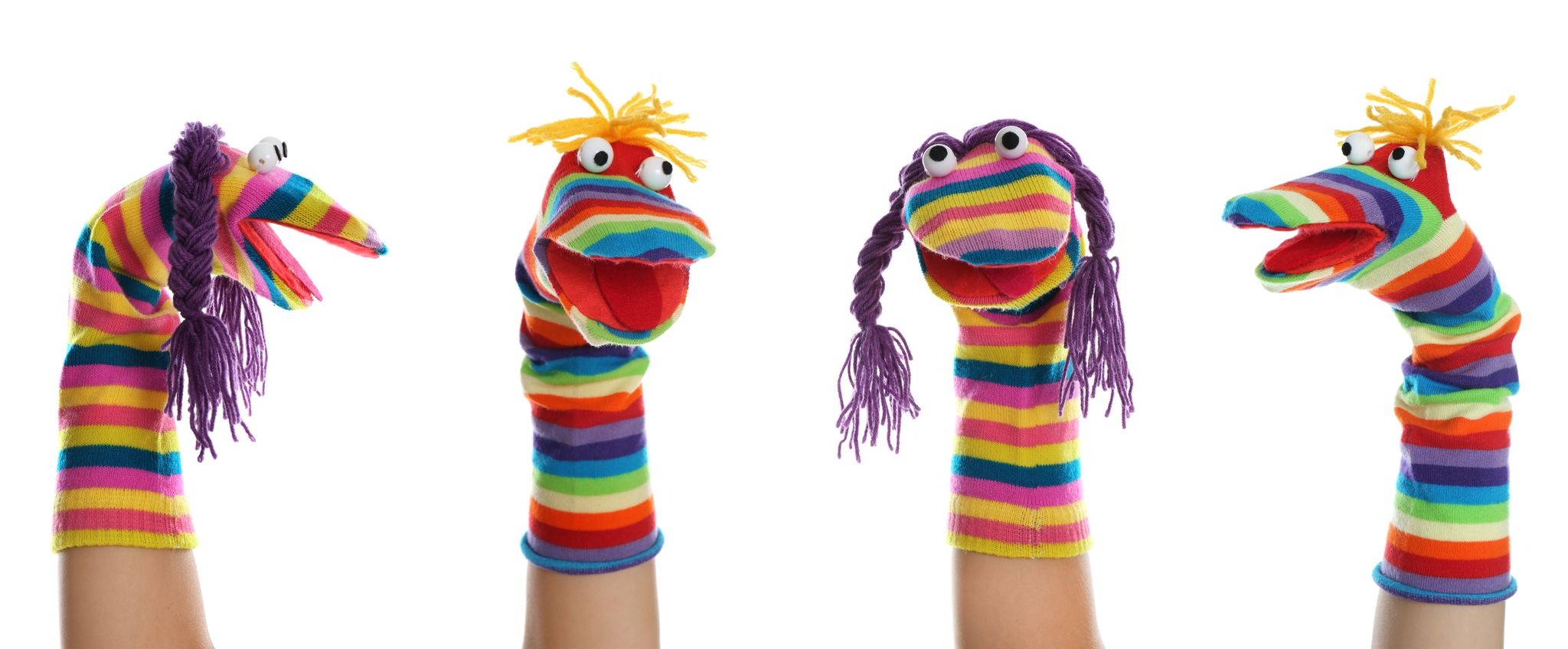

With Rose’s help and encouragement Ross was presenting a regular marionette segment on local TV in Mildura when he was 14 and still at school. Rose had been bedridden with encephalitis for some time before being transferred to the hospital and late that afternoon a tornado had swept across the district doing extensive damage. John has a strong boyhood memory of the day that Ross was born, 7 November 1954. They built the house themselves despite the constraints of wartime Australia, and there they raised a family of four boys, John, Keith, Ross and David. Rose and her husband Arthur, had a poultry farm in Mildura. This entry was posted in Uncategorised on Sat by Katherine Hannaford. She was the definition of hospitality for me and countless other puppeteers.

But her expansive generosity was its own art form. Creating a balance between private home and public space, between the needs of her family and the needs of the theater, and between the grandeur of Peter’s vision and the simplicity of the life-style they chose, was an ongoing struggle. Elka was a consistent strong protector of the land – pine forest, apple orchard, hay fields, sugar bush, house, barn and outbuildings – especially as they were transformed into amphitheatre, workshop, puppet storage, museum and venue for tens of thousands of annual spectators. In Glover, the theater took up residence on a farm purchased by Elka’s parents. Later, I had opportunities to tour with Elka, often to distant lands, and I was struck by how open her eyes always were, how eager to see and learn new things, how willing to extend herself to new situations. I loved those escapades, complemented by visits to many remote elementary schools to perform puppet shows. I joined adventures of her design on picnics, hikes, and cultural trips. The company was on tour in Europe and I was alone with Elka and her kids. I spent my first months as a Bread and Puppet company member after they had already escaped the streets of NYC for a more pastoral existence on Cate Farm in Plainfield, VT. There was always a song, a slice of bread, and an encouraging word. There was always room at the table for one more roaming puppeteer. Bread and Puppet’s deep ethical foundations – anti-war, pro-democracy, frugality, living in harmony with the earth – were well-lived in Elka herself. Through this heritage, and through her partnership with Peter, Elka developed an acute sense of justice, and a belief in the possibility of building new structures, and imagining new worlds. She attended Bryn Mawr College, and met Peter Schumann during a junior year abroad in Munich, Germany, when she was enlisted to join his non-dancer dance company.Įlka’s grandfather was Scott Nearing, whose back-to-the-land democratic socialism had a powerful influence on her as well. Her father’s politics took a sharp turn toward conservatism, and they spent time in Germany, New York State, and New York City, finally settling in Ridgefield, CT. When the Nazis invaded Russia, the family fled.


Her mother, Masha Dikareva, was Russian she had one sister, Elena. Her father, John Scott, was an American Communist, interested in the radical re-imagining of economic structures and the creation of a new social order in the Soviet Union. She was an accomplished singer and flautist, and was responsible for introducing me, as well as Bread and Puppet, to the a cappella hymn tradition known as shape-note singing, which became a mainstay in the theater’s productions.Įlka was born Elka Leigh Scott in Magnitogorsk, Siberia. And, when I first connected with her, she was designer, writer and director of Dancing Bear Children’s Theater, performing hand puppet shows in public schools throughout northern Vermont. She was the primary caretaker and curator of the theater’s huge barn museum. She managed the theater’s finances, founded and ran the Bread and Puppet Press – disseminating posters, calendars, books and recordings throughout the world. While raising five children, she was also able to be chief counsel and critic to her brilliant and prolific husband Peter. She remained a dear friend and mentor.Įlka was the backbone of Bread and Puppet Theater. She was the person who introduced me to singing, to puppetry, and to theater. I met Elka in the mid-1970s, when I was fresh out of college and trying to make sense of the world. The large extended family and community whose lives were touched by Elka Schumann mourn the end of her rich life on August 1 st.


 0 kommentar(er)
0 kommentar(er)
